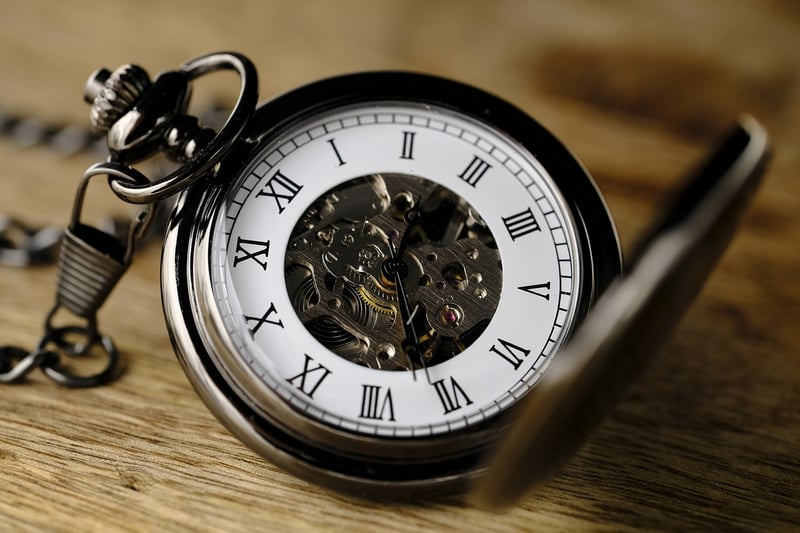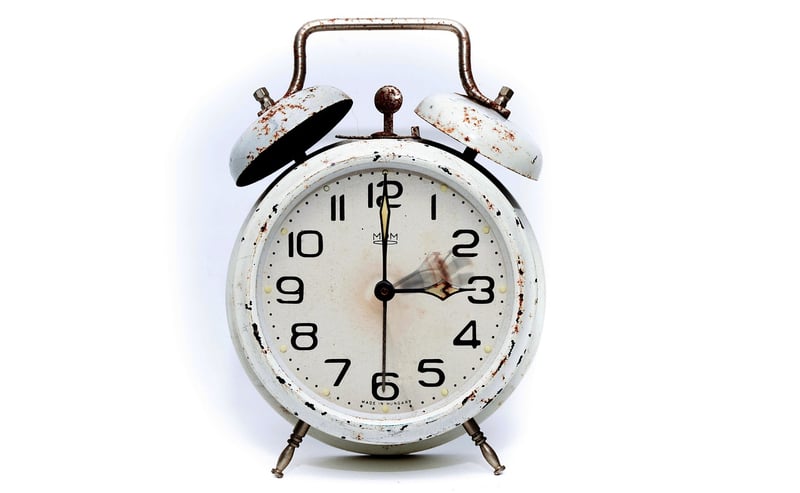Temporal Paradoxes
The Risks of Time Travel and Temporal Paradoxes
Time travel has long been a fascinating concept in science fiction, but what if it were possible in reality? While the idea of journeying through time may seem thrilling, it comes with its own set of risks and consequences, particularly in the realm of temporal paradoxes.
1. Grandfather Paradox
One of the most well-known temporal paradoxes is the Grandfather Paradox. It posits a scenario where a time traveler goes back in time and prevents their grandfather from meeting their grandmother, thus preventing their own birth. This paradox raises questions about causality and the potential for self-erasure.

2. Bootstrap Paradox
The Bootstrap Paradox involves an object or information that is sent back in time and becomes trapped in an infinite cause-and-effect loop. In this scenario, the origins of the object become impossible to determine, as it has no clear point of creation.

3. Butterfly Effect
The Butterfly Effect suggests that even small actions in the past can have significant and unforeseen consequences in the future. A time traveler making even minor alterations to the past could lead to drastic changes in the present timeline.
4. Meeting Your Past Self
Encountering your past self in a time travel scenario could have serious implications. It might create confusion, alter your future decisions, or even cause a rift in the space-time continuum.

5. Ethical Dilemmas
Time travel raises complex ethical dilemmas, such as the temptation to change historical events for personal gain or altering the course of history without considering the broader consequences for humanity.
Conclusion
While the idea of time travel may be alluring, the risks and paradoxes associated with it highlight the complexity and potential dangers of altering the fabric of time. As we continue to explore the concept of time travel, it is essential to consider the implications and responsibilities that come with such extraordinary power.
